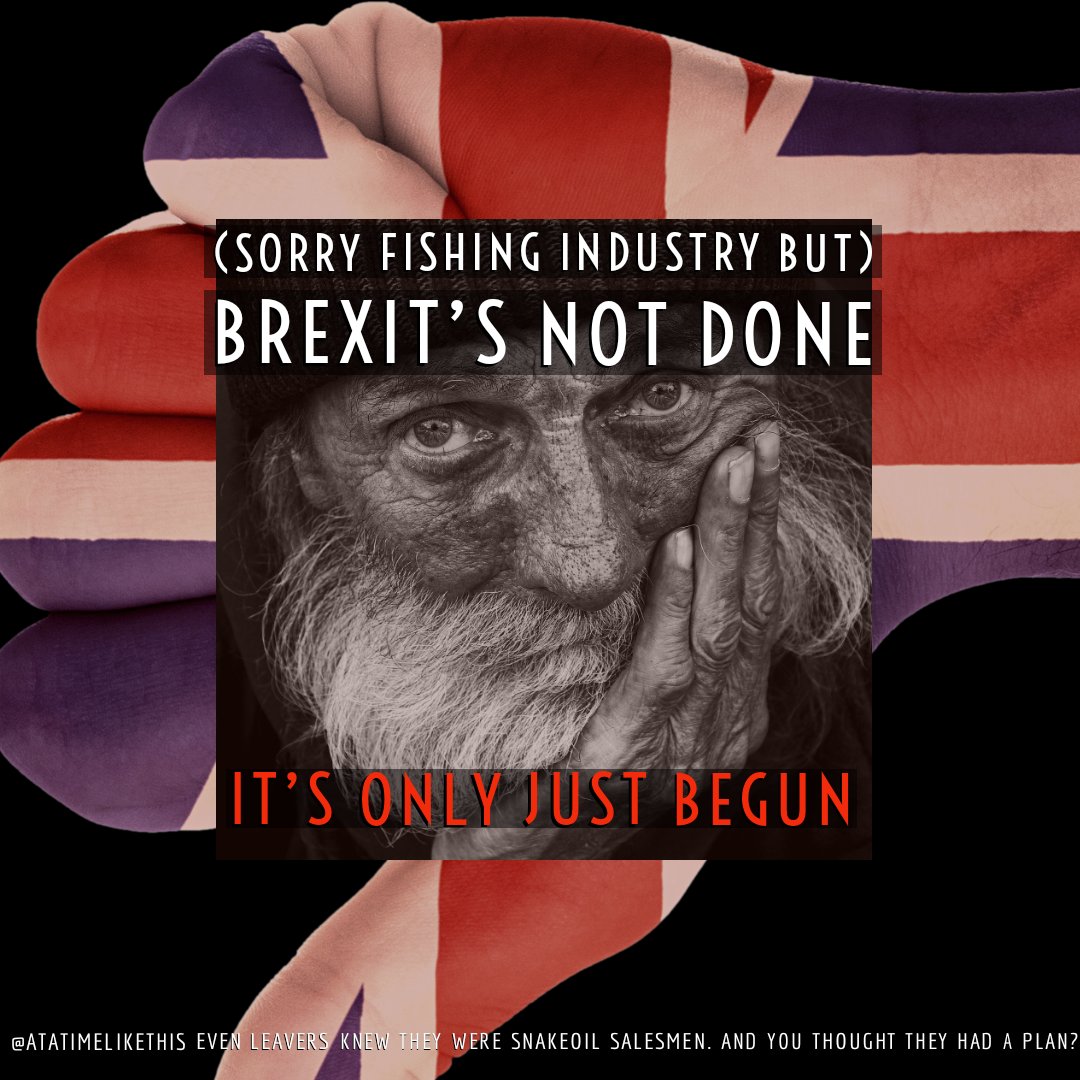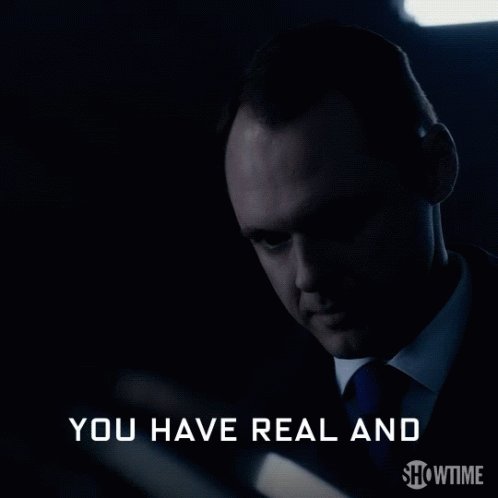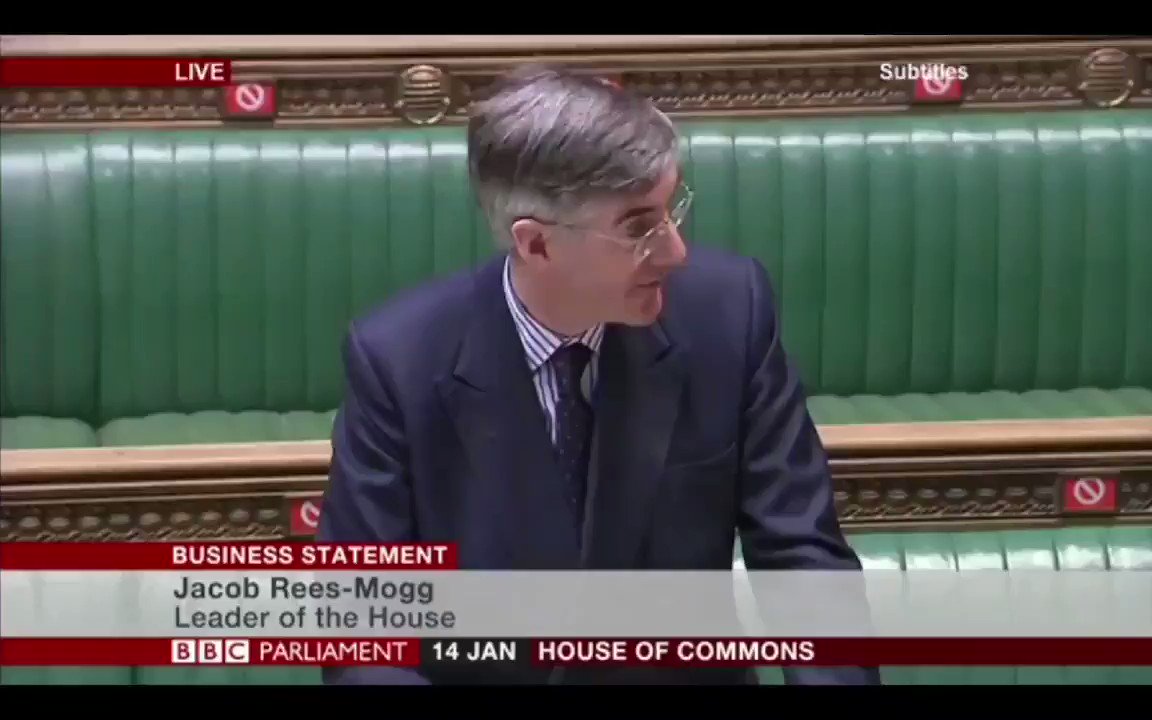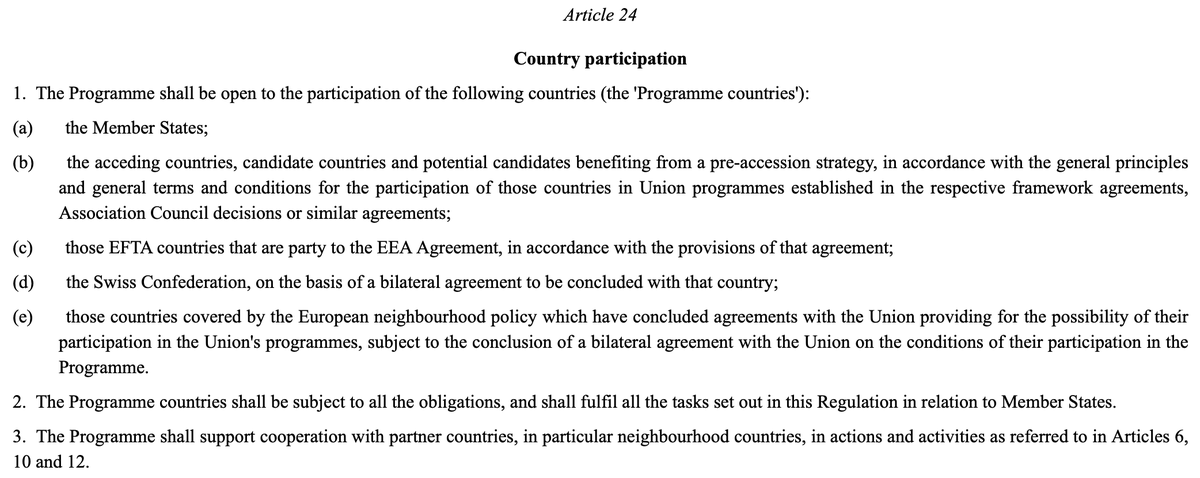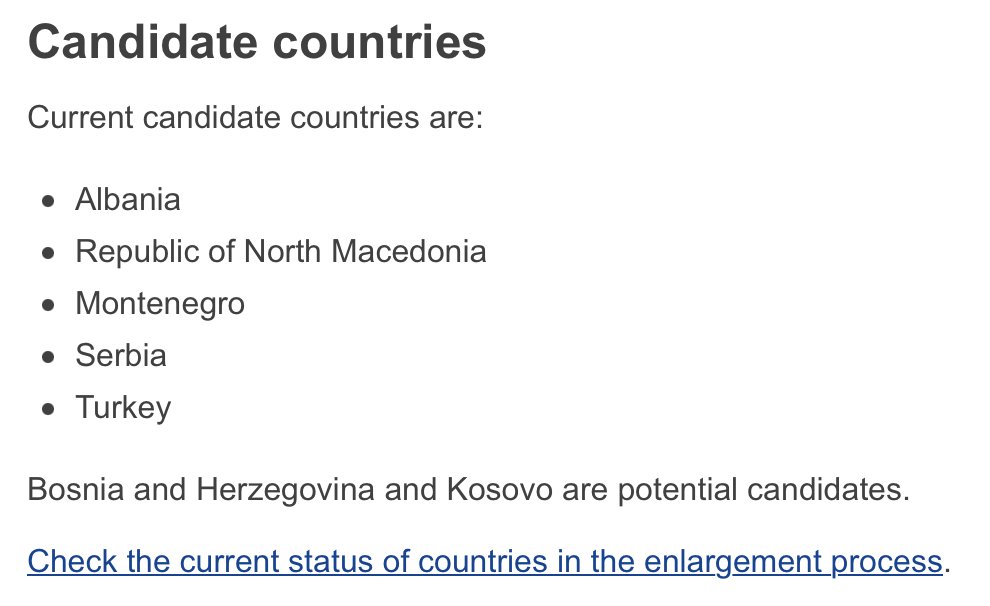Categories Brexit
7 days
30 days
All time
Recent
Popular
End of week 2 thread on post Brexit food trade
There is continued growing unease. The main picture remains one of depressed/tentative trade (c50% down y-o-y) and some high profile logistics business have taken the rational step to stop and regroup.
The big worry here is that ‘not-trading’becomes a habit. We can’t/won’t carry on at half the volumes of before, but as volumes claw back we may only reach something like 80% of previous volumes and that is a disaster for a food industry already battered by a recession.
Lots of focus has been on the idea of EU businesses stopping serving the UK. Worries about how we feed ourselves has trumped worry about our exporters at every stage. Even though it is the collapse of our export businesses that is (and has always been) the greater threat.
To reassure the mainland British shopper that feels like less of a risk. UK is a large market of wealthy consumers, and UK gov has shown it will do anything (however unfair) to ensure stuff gets in - even letting supermarkets have access to the fast track lane to Dover.
I am not as close to this but it feels like shortage on the shelves is more of a genuine immediate threat for the island of Ireland. The types of innovative solutions we have discussed this week can help but will they come in quick enough?
There is continued growing unease. The main picture remains one of depressed/tentative trade (c50% down y-o-y) and some high profile logistics business have taken the rational step to stop and regroup.
The big worry here is that ‘not-trading’becomes a habit. We can’t/won’t carry on at half the volumes of before, but as volumes claw back we may only reach something like 80% of previous volumes and that is a disaster for a food industry already battered by a recession.
Lots of focus has been on the idea of EU businesses stopping serving the UK. Worries about how we feed ourselves has trumped worry about our exporters at every stage. Even though it is the collapse of our export businesses that is (and has always been) the greater threat.
To reassure the mainland British shopper that feels like less of a risk. UK is a large market of wealthy consumers, and UK gov has shown it will do anything (however unfair) to ensure stuff gets in - even letting supermarkets have access to the fast track lane to Dover.
NEW. \U0001f6a8\U0001f6a8\U0001f69b\U0001f1ec\U0001f1e7\U0001f644\U0001f69b\U0001f69a\U0001f6a8\U0001f6a8 clear signs govt is preparing for coming #brexit turbulence - consulting on new fast-track scheme for food lorries returning to Europe /1
— Peter Foster (@pmdfoster) January 13, 2021
https://t.co/QqDKxBUu3f
I am not as close to this but it feels like shortage on the shelves is more of a genuine immediate threat for the island of Ireland. The types of innovative solutions we have discussed this week can help but will they come in quick enough?
🚨We’re going to court!
The EU Settled Status scheme deadline is looming. Tens of thousands of vulnerable people face being criminalised overnight.
The Home Office must #ScrapTheDeadline & ensure no one loses status. Please chip in https://t.co/0FydGTuDHx
Our case [thread]
2/ The deadline on the EU Settled Status scheme is a cliff edge. Overnight, tens of thousands of people could be criminalised just for living their lives and will face the full horrors of the hostile environment. #ScrapTheDeadline
3/ People who are already vulnerable are at highest risk of getting left out. The risks are well documented. E.g. This paper by @MigObs explains how victims of abuse and exploitation, and people who are isolated are at highest risk:
4/ Other organisations have sounded the alarm on other discriminatory impacts. @npcthinks found that “female EU migrants are at greater risk of failing to access their settled status than male EU migrants” https://t.co/2owPFTyZ1o …
5/ …while @coram set out the risks of the EU Settlement scheme for children, especially looked-after children https://t.co/n4WAgWhF0J and @gmiau researched into barriers for looked-after children
The EU Settled Status scheme deadline is looming. Tens of thousands of vulnerable people face being criminalised overnight.
The Home Office must #ScrapTheDeadline & ensure no one loses status. Please chip in https://t.co/0FydGTuDHx
Our case [thread]
2/ The deadline on the EU Settled Status scheme is a cliff edge. Overnight, tens of thousands of people could be criminalised just for living their lives and will face the full horrors of the hostile environment. #ScrapTheDeadline
3/ People who are already vulnerable are at highest risk of getting left out. The risks are well documented. E.g. This paper by @MigObs explains how victims of abuse and exploitation, and people who are isolated are at highest risk:
4/ Other organisations have sounded the alarm on other discriminatory impacts. @npcthinks found that “female EU migrants are at greater risk of failing to access their settled status than male EU migrants” https://t.co/2owPFTyZ1o …
5/ …while @coram set out the risks of the EU Settlement scheme for children, especially looked-after children https://t.co/n4WAgWhF0J and @gmiau researched into barriers for looked-after children
As we twiddle our thumbs waiting for white smoke from Brussels, this prompted me to reflect on how badly business lost this game. Deal or not, whatever emerges, whenever it emerges, will be a million miles from what business hoped for. How did it go so badly wrong? 🧵(1/)
I’ve lost track of how many times I’ve been told over the last 5yrs that it’s because business wasn’t loud enough. 1st during the referendum (though post-🗳️ analysis tends to agree the economic argument was won, it just wasn’t important enough). 2nd during the negotiations (2/)
I’ve said a lot about this in the past, ultimately - yes biz could have been louder. But there are many reasons why they weren’t.
And volume really isn't everything. Any lobbyist knows that you’re only loud when you’re already losing. It’s a symptom, not a cause, of loss (3/)
So how did business start losing on Brexit? This story has 3 beginnings:
1. The decline in trust through the 00s, when respect diminished
2. #indyref where biz learned the hard way what being dragged into a polarising political furore felt like. That backlash scarred.
(4/)
3. The birth of Business for Britain
Honestly, Business for Britain were brilliant at what they did. I think they genuinely did try to woo business on side initially. But when that didn’t work, they switched strategy very rapidly and pulled every lever available to them (5/)
Today we are looking back to series 1 of our podcast where @NicoleSykes_ and @chrisgreybrexit discussed Brexit and Business with @ProfTimBale.
— Mile End Institute (@MileEndInst) December 7, 2020
What has business done - and not been able to do- to make the best of #Brexit?
Listen here: https://t.co/ioGZx9qlSY
I’ve lost track of how many times I’ve been told over the last 5yrs that it’s because business wasn’t loud enough. 1st during the referendum (though post-🗳️ analysis tends to agree the economic argument was won, it just wasn’t important enough). 2nd during the negotiations (2/)
I’ve said a lot about this in the past, ultimately - yes biz could have been louder. But there are many reasons why they weren’t.
And volume really isn't everything. Any lobbyist knows that you’re only loud when you’re already losing. It’s a symptom, not a cause, of loss (3/)
So how did business start losing on Brexit? This story has 3 beginnings:
1. The decline in trust through the 00s, when respect diminished
2. #indyref where biz learned the hard way what being dragged into a polarising political furore felt like. That backlash scarred.
(4/)
3. The birth of Business for Britain
Honestly, Business for Britain were brilliant at what they did. I think they genuinely did try to woo business on side initially. But when that didn’t work, they switched strategy very rapidly and pulled every lever available to them (5/)




